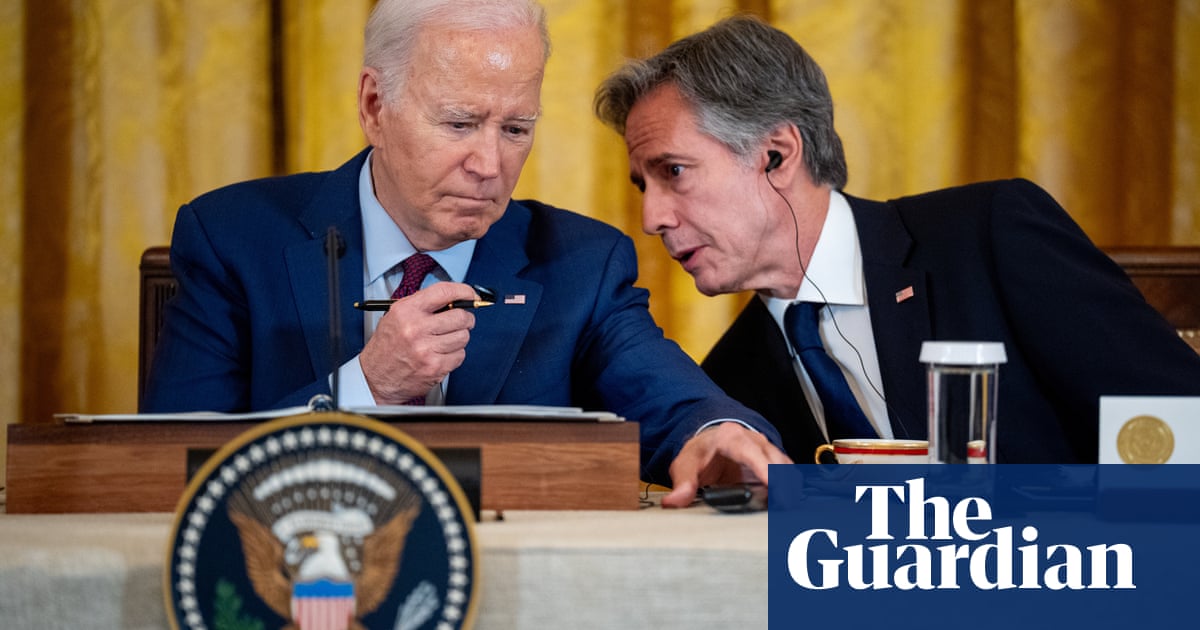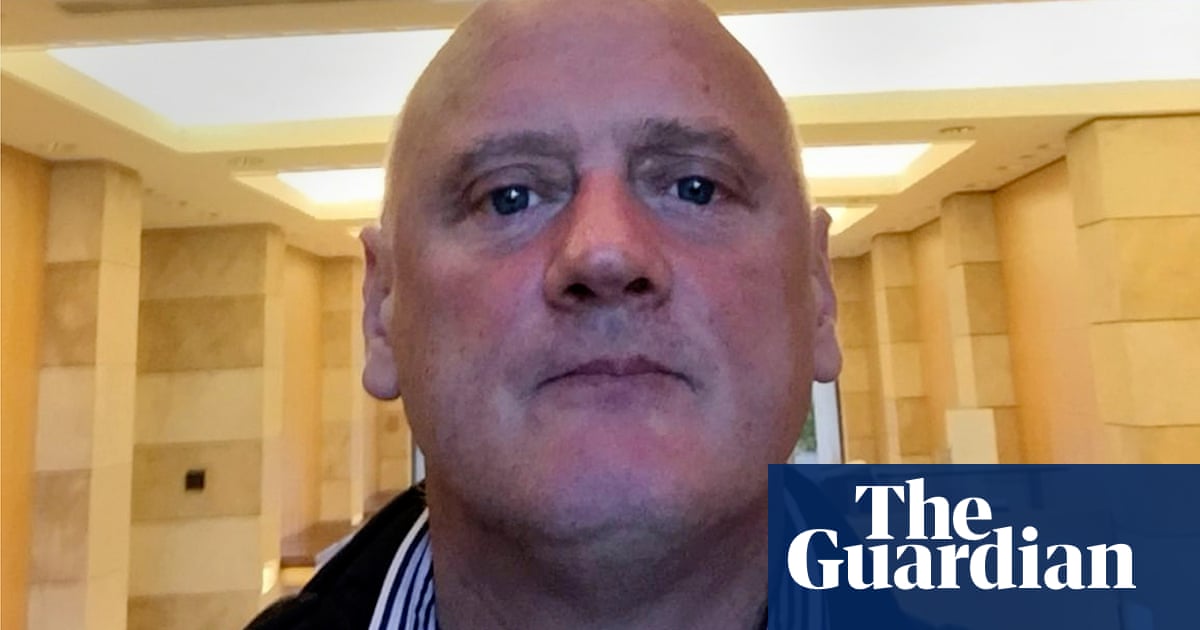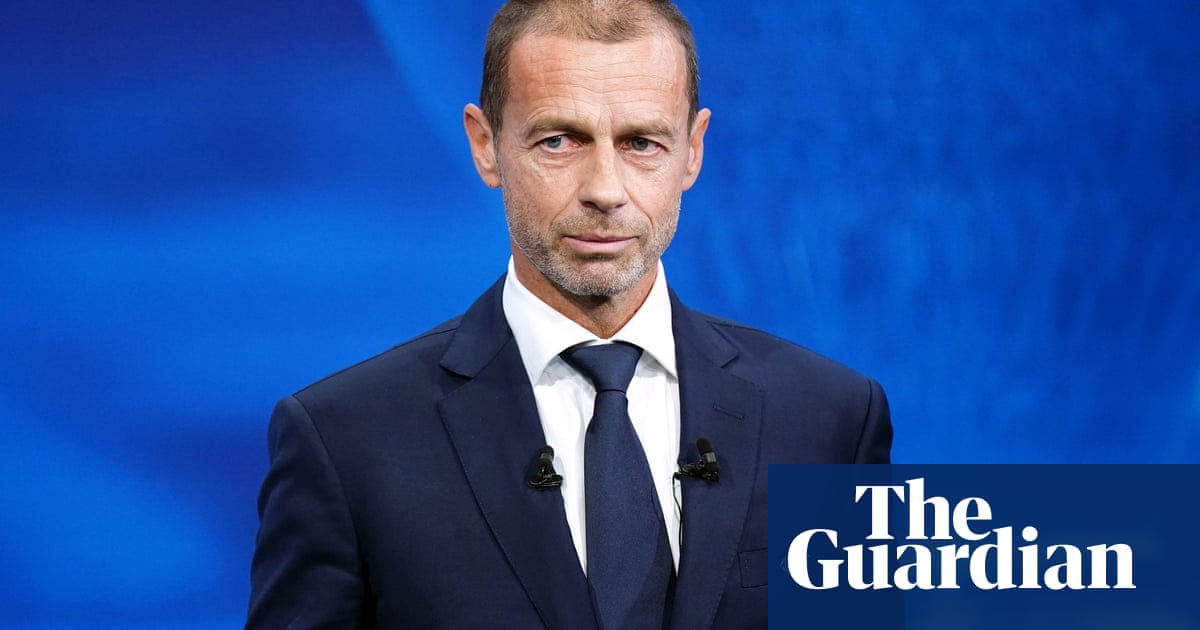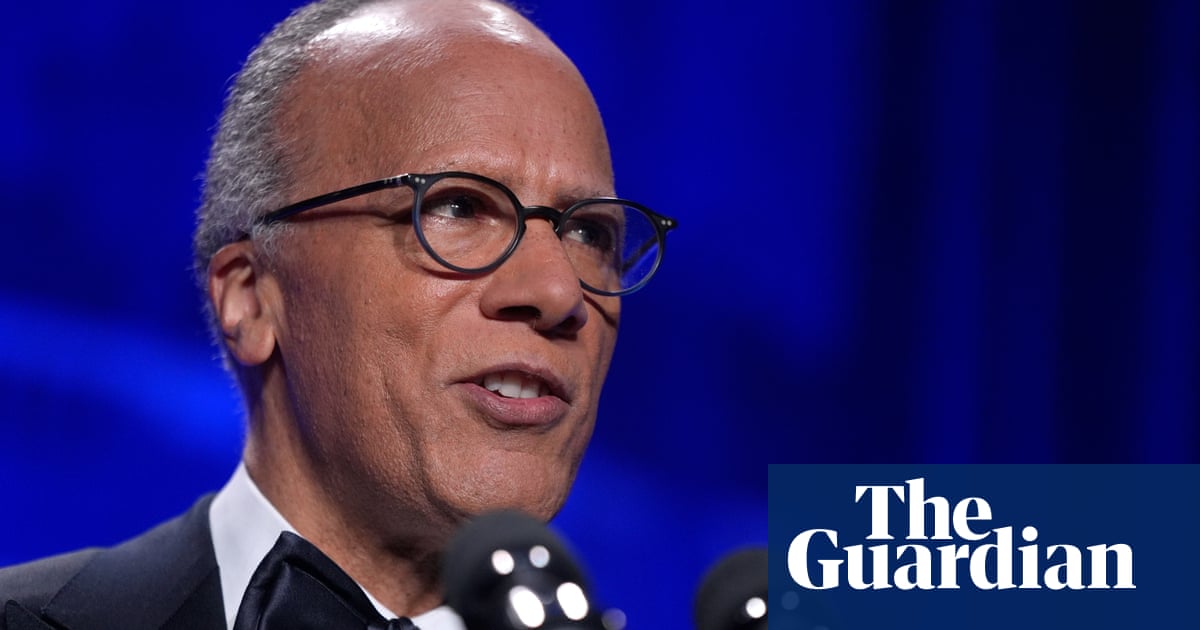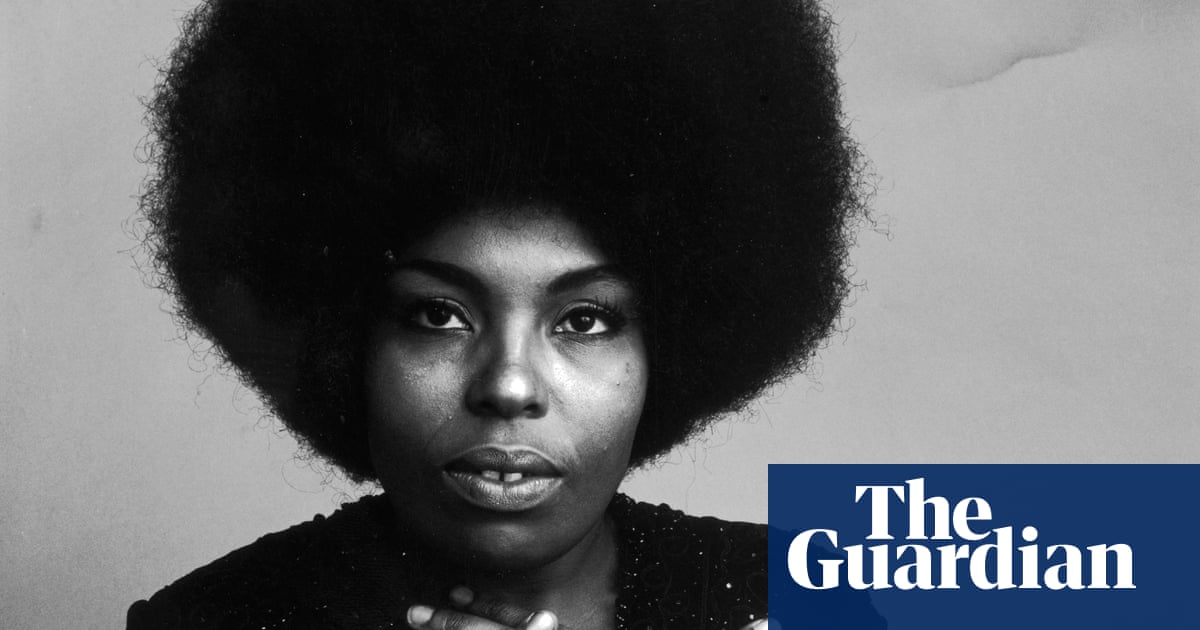With blasting K-pop, glow sticks, food trucks and obligatory selfies, the protests that have swelled across South Korea since the president’s shock declaration of martial law last week have taken on a surprisingly festive mood.
Outside the national assembly in Seoul on Tuesday night, food trucks lined the streets selling traditional Korean snacks like tteokbokki (spicy rice cakes), sundae (blood sausage), and even beondegi, the favourite winter treat of boiled silkworm pupae.
Predominantly young female protesters wielded K-pop light sticks – expensive LED devices typically reserved for cheering their favourite idols at K-pop concerts. Many took selfies while clenching their flashing devices, each of which denote different fandoms.
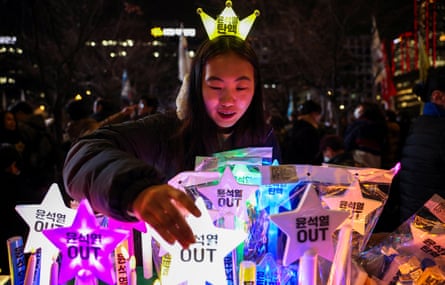
“We’re showing that political protests don’t need to be grim,” says Kwon Ji-soo, 20, as speaker trucks blare K-pop hits. “This country is in chaos right now. We use light sticks at concerts, so why not here? I support K-pop, but I also support democracy.”
In the background, Christmas carols echo through the crowd. But a closer listen reveals renditions of Rudolph the Red-Nosed Reindeer and José Feliciano’s “Feliz Navidad” rewritten with lyrics demanding presidential impeachment.
“I’m with my friends tonight”, says Park Da-som, a 22-year-old university student. “There’s a positive atmosphere here.”
The crowd chants slogans demanding President Yoon Suk Yeol’s impeachment and the dissolution of the ruling People Power party, with some participants breaking out with impromptu dance sessions.
Since the martial law crisis erupted, prime minister Han Duck-soo and ruling party leader Han Dong-hoon have announced they would take control of state affairs while President Yoon steps back, though legal experts question the constitutionality of such an arrangement.

But uncertainty still looms, with further arrests on Wednesday, including senior police officials, and the formal arrest of the former defence minister Kim Yong-hyun. An attempt by lawmakers at impeaching Yoon failed on the weekend, although another vote is expected on Saturday assuming he does not step down before then.
In Gwangju on Monday, several local politicians publicly shaved their heads as part of a traditional expression of dissent and resistance. Days earlier, a group of marine veterans staged their own head-shaving ceremony outside the presidential office in Yongsan, denouncing Yoon as a “leader of the insurrection”.
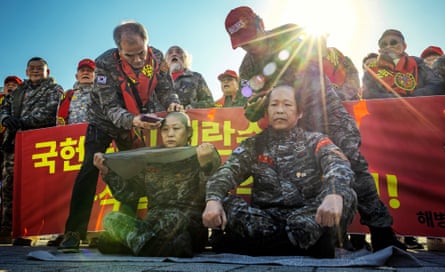
From candles to light sticks
During the protests that led to president Park Geun-hye’s impeachment in 2016-17, candlelight vigils were the primary symbol of resistance.
While candles remain present today, the younger generation’s embrace of K-pop culture as a medium for political expression has seen the vigils evolve into “light stick protests”.
They have even spawned a secondary market, with fans lending or donating their prized possessions – which typically cost about 50,000 won (£27) – to bolster the movement.
A key anthem of solidarity at social movement protests in recent years is Girls’ Generation’s 2007 debut single Into the New World, a song tied to themes of hope and change.

Democratic party lawmaker Jung Chung-rae became emotional while reciting its lyrics during a parliamentary judiciary committee meeting on 9 December, calling it a representation of young people’s aspirations to overcome the “terrifying night of December 3”.
Over the weekend, protests expanded to include women’s groups and LGBT activists, who criticised what they see as the politics of hate perpetuated under the Yoon administration. Some scenes resembled a club dancefloor more than a political protest.
Back in the streets on Tuesday night, after protesters finished their march outside the ruling party headquarters, they maintained their civility, ending the evening with exchanges of “You did a good job” and “See you again tomorrow”.

 2 months ago
40
2 months ago
40




